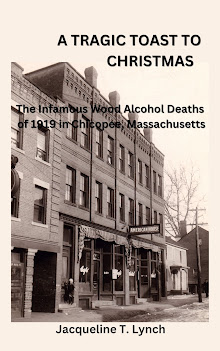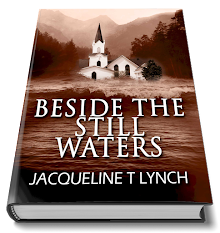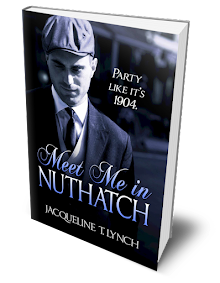Tuesday, March 17, 2015
St. Patrick's Day 1920s Theatricals - Holy Name Church, Chicopee, Massachusetts
The Annual St. Patrick’s Show was
a fundraiser of the kind seldom seen anymore: a community theatre, in this
case, a church drama club, whose aspirations went no further than homemade
costumes and props in the church hall, a show put on by friends and neighbors,
and a bit of the luster of show biz for the price of a 50-cent ticket.
And
Billy Disappeared
was a comedy put on St. Patrick’s week at the Holy Name Hall on South Street,
Chicopee, Massachusetts, in 1923. The
following year it was another comedy, Professor
Pepp, billed as “A Farcical Comedy with a College Flavor in Three Acts.” Oh, the flashy times and witty repartee of
the Roaring Twenties.
As evidenced in this page from
the program, these types of plays featured large casts, because as any community
or church theatre group knows, large casts means lots of relatives in the
audience.
In those days, it certainly meant
large Irish families.
The next year, March 1925, they
performed The Whole Town’s Talking,
which surely they must have been, over the riotous vaudevillian gusto of another
big cast made up of members of the congregation, including defectors from the choir,
Ladies’ and Men’ Sodalities, and some seniors from Holy Name High.
This tight little world on South
Street was the Holy Name of Jesus Church, founded in 1857, the oldest Roman
Catholic church in western Massachusetts, the mother church of the Springfield
Diocese. A grammar school and high
school and convent were once part of that little world. Unfortunately, the church was closed temporarily
in 2011, and continues to be closed indefinitely at this point, due to repairs
needed for structural issues. The parish
continues actively at another church around the corner, Assumption of the
Blessed Mary Church.
The thespians, their antics, and
their intermissions of Irish songs, are from another era when hokum, sentiment,
and amateur theatrics were beloved for all their imperfections, when two players
not married to each could fluster the straight-laced regular churchgoers with a
stage kiss, and when St. Patrick’s Day was a time for innocent, and entirely homemade, showmanship.
Posted by
Jacqueline T. Lynch
at
8:03 AM
![]()
Labels: 20th Century, entertainment, holidays, houses of worship, Massachusetts, theatre
Subscribe to:
Post Comments (Atom)












No comments:
Post a Comment